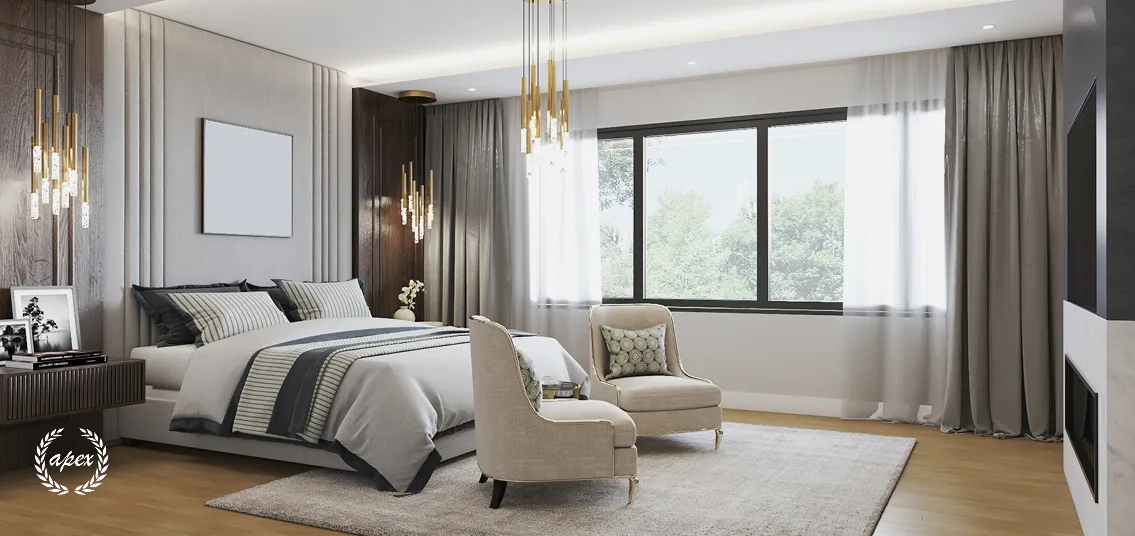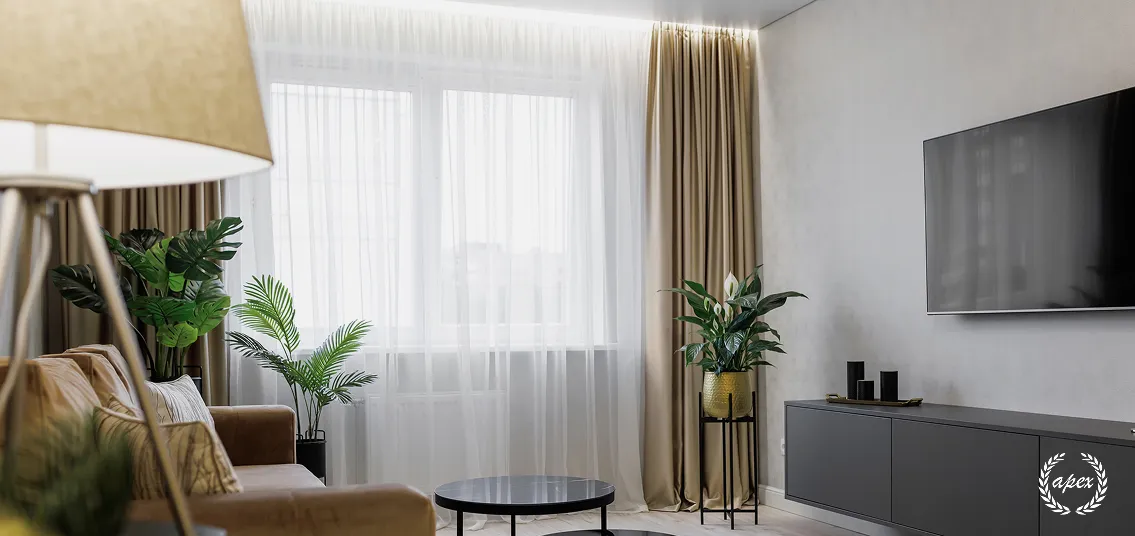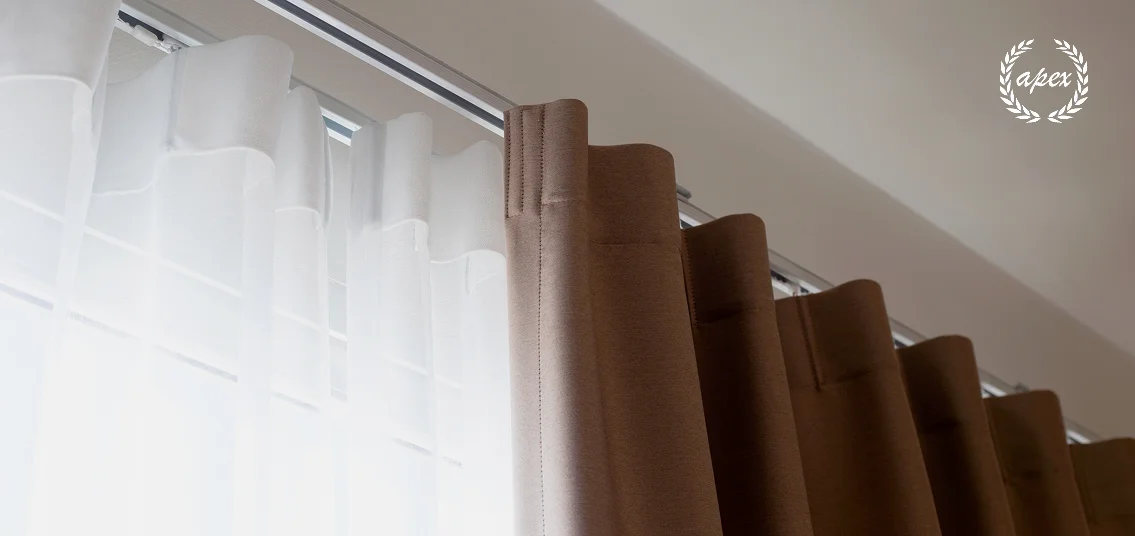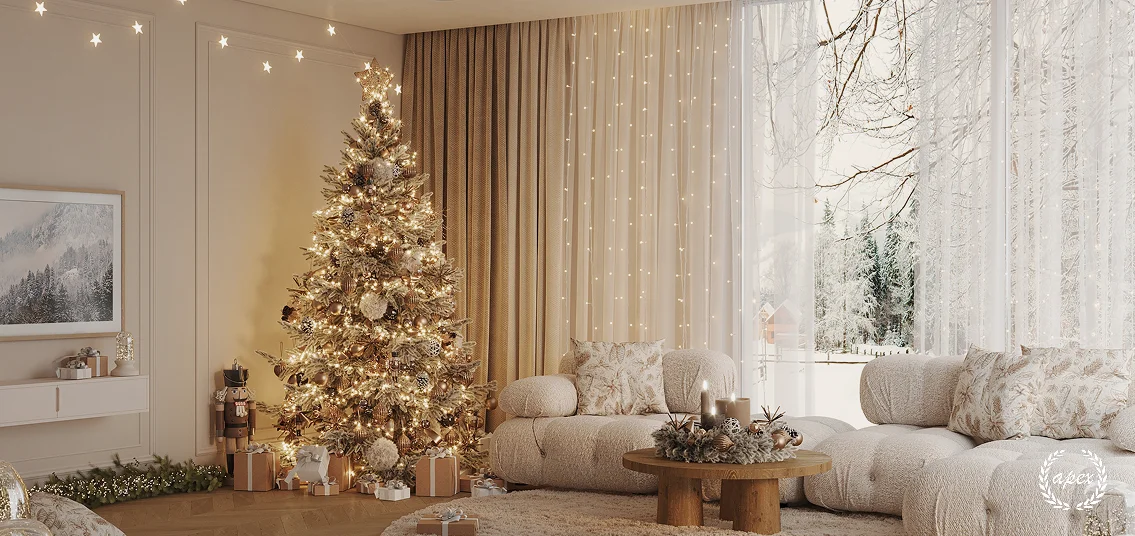When it comes to window treatments, there are many options available, with blinds and curtains being the most popular choices. Both have their own unique features and advantages, making it difficult for homeowners to decide which one is better for their home.
In this article, we will delve into the differences between blinds and curtains and help you make an informed decision.
What Are Blinds?
Blinds are window coverings made of horizontal or vertical slats that can be rotated or tilted to adjust the amount of light and privacy. They are usually made of wood, metal, vinyl, or fabric and come in a variety of styles such as roller blinds, Venetian blinds, Roman blinds, and more.
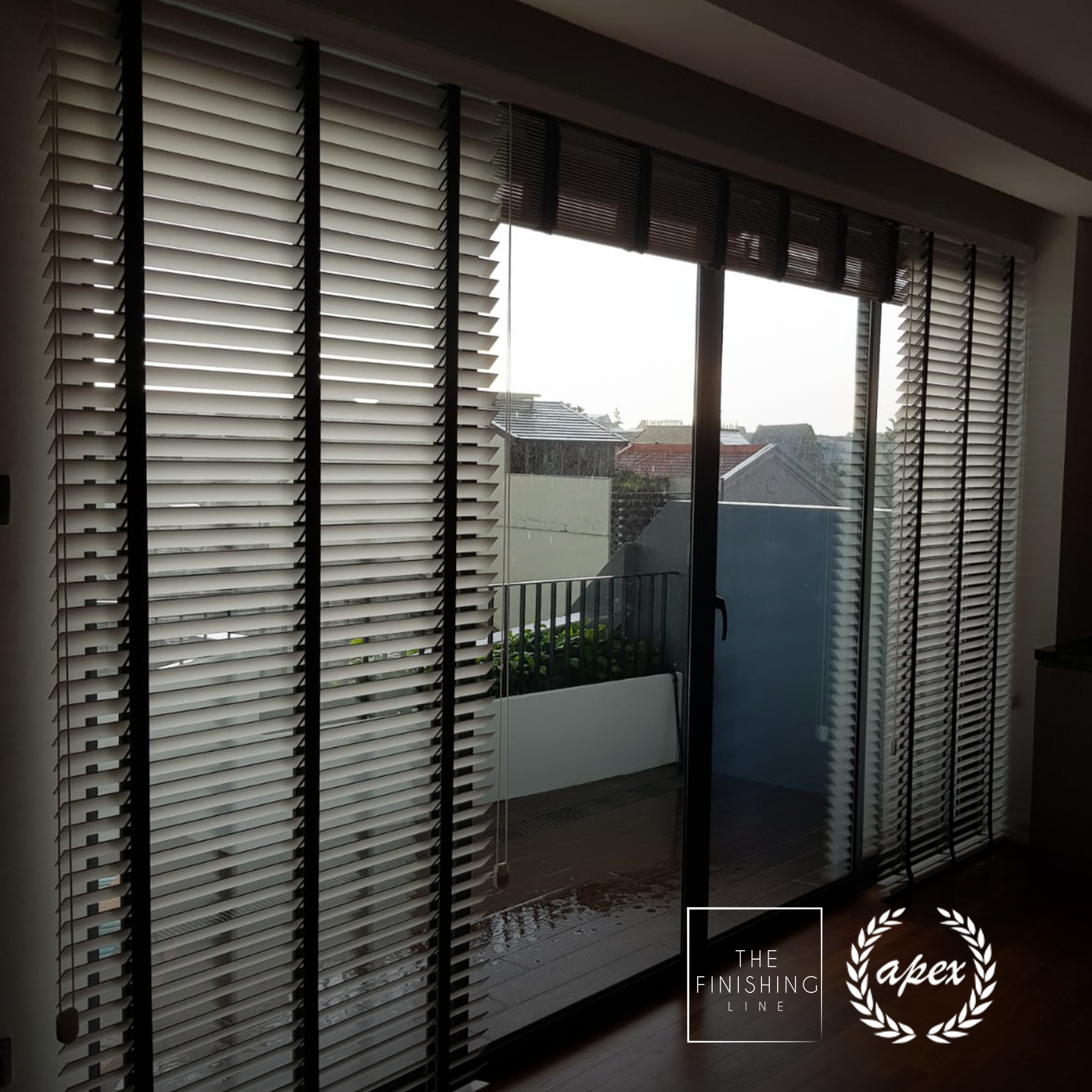 Blinds are window coverings made of horizontal or vertical slats
Blinds are window coverings made of horizontal or vertical slats
What Are Curtains?
Curtains are fabric panels that hang vertically from a rod or rail above the window. They come in a wide range of materials, patterns, and colors and can be opened or closed by pulling them to the side. There are different types of curtains such as sheer curtains, blackout curtains, thermal curtains, etc.
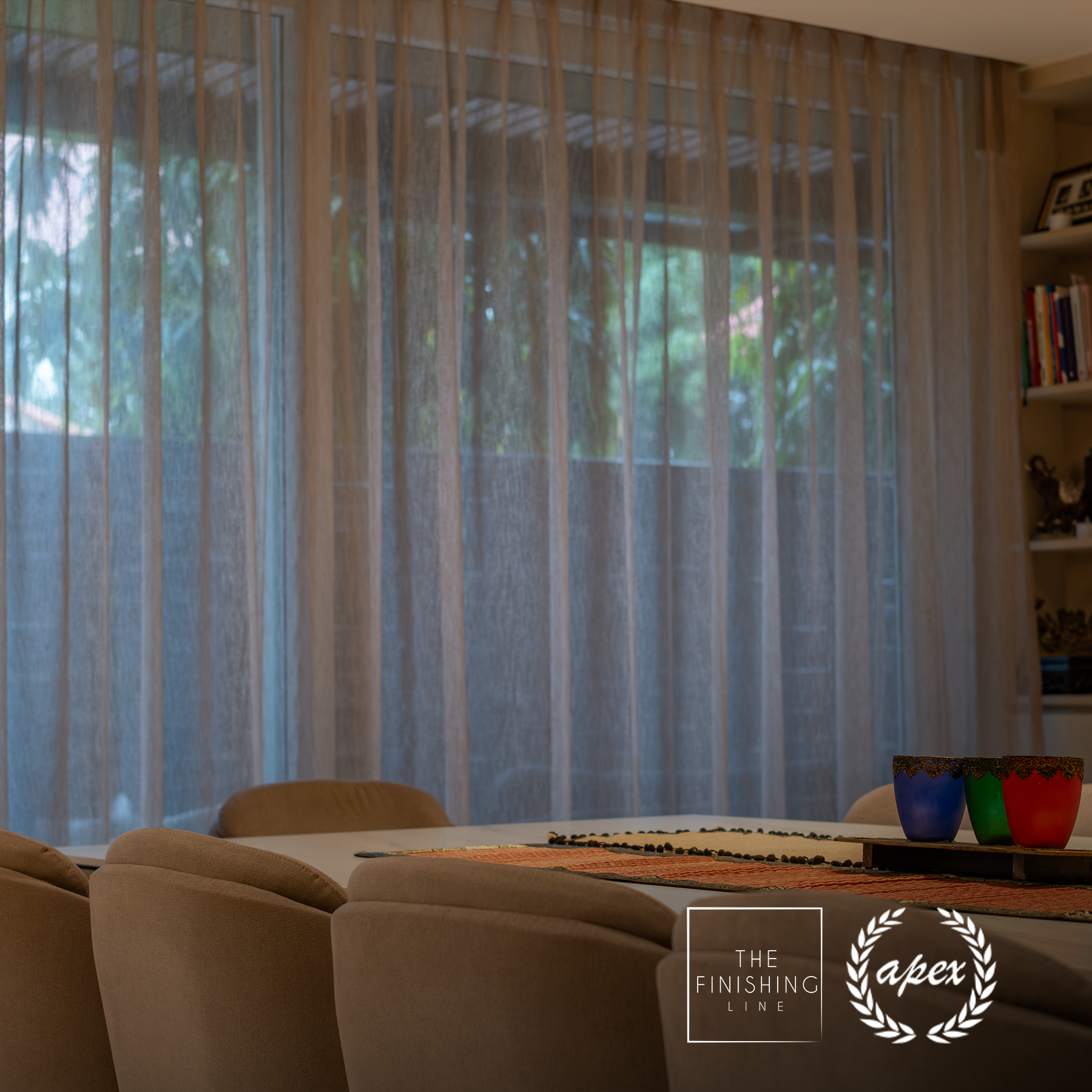 Curtains are fabric panels that hang vertically from a rod or rail above the window
Curtains are fabric panels that hang vertically from a rod or rail above the window
Pros and Cons of Blinds
Pros:
- Light Control: With blinds, you have the option to adjust the slats to let in as much or as little light as you want. This gives you more control over the amount of natural light entering your home.
- Privacy: Blinds offer better privacy compared to curtains, especially if they are made of solid materials like wood or metal.
You can adjust the slats to completely block out any visibility from outside.
- Easy Maintenance: Blinds are generally low maintenance and only require occasional dusting or wiping with a damp cloth.
Cons:
- Limited Design Options: Unlike curtains, blinds don’t come in a wide range of designs and patterns. This can limit your options for decorating your windows according to your interior style.
- Noise: Blinds can be noisy when they are moved, especially if they are made of metal or plastic materials. This can be disruptive in quiet environments like bedrooms.
- Less Insulation: Depending on the material, blinds may provide less insulation compared to curtains. This means they may not keep your room as warm during colder months and vice versa.
Pros and Cons of Curtains
Pros:
- Design Versatility: Curtains offer endless design options, from sheer and flowy to heavy and textured fabrics. They can easily be changed or updated to match your interior style.
- Insulation: Thick curtains made of materials like velvet or wool can provide better insulation, keeping your home warm during colder months and reducing energy costs.
- Noise Reduction: Curtains can help reduce noise from outside, making them a great option for bedrooms and living rooms.
Cons:
- High Maintenance: Unlike blinds, curtains need to be washed or dry cleaned regularly to keep them looking clean and fresh.
- Limited Light Control: While curtains offer more design options, they don’t provide the same light control as blinds. The amount of light coming into the room cannot be easily adjusted.
- Expensive: High-quality curtains can be more expensive than blinds, especially if you need to cover large windows. This may not be a feasible option for those on a budget.
Blinds vs Curtains
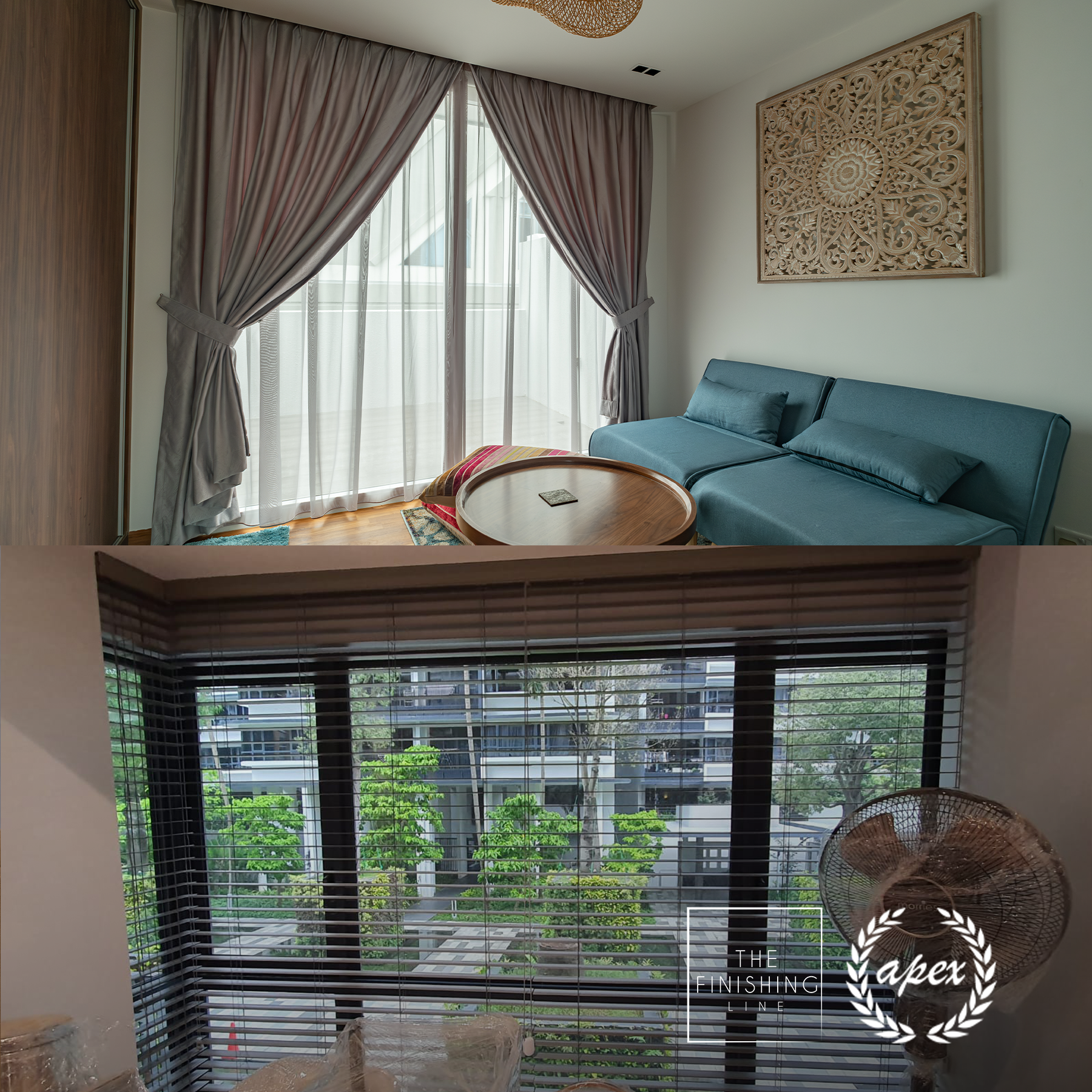 Blinds vs Curtains
Blinds vs Curtains
Cost
In terms of cost, blinds may be a more budget-friendly option compared to curtains, especially if you opt for basic aluminum or vinyl blinds. However, high-end blind options such as wood or faux wood can also come with a hefty price tag.
On the other hand, curtains can vary in cost depending on the material and style chosen. While basic cotton curtains may be affordable, silk or linen curtains can be quite expensive. So when considering cost, it’s important to weigh your options and choose what best fits within your budget.
Blinds typically range from $25 to $200, depending on the type and size. On the other hand, curtains can cost anywhere from $20 to $500 per panel, again depending on the material and size. While both options have a wide price range, it’s important to note that blinds tend to be more affordable than curtains in general.
Durability
When it comes to durability, blinds are the clear winner. They are made of sturdy materials such as wood, aluminum, or vinyl and can withstand wear and tear over time. Curtains, on the other hand, are susceptible to fading and damage from sunlight exposure. They may also need to be replaced more frequently due to general wear and tear.
Installation
When it comes to installation, both blinds and curtains can be DIY projects for those who are handy with tools. However, if you’re not confident in your skills or simply don’t have the time, it may be best to hire a professional for a proper and seamless installation. This is especially important for blinds as improper installation can lead to uneven or damaged slats. On the other hand, installing curtains may require more drilling and hardware, but with the right measurements and tools, it can still be done successfully at home.
Light control
In terms of light control, blinds and curtains offer different levels of versatility. Blinds usually have adjustable slats that can be tilted to control the amount of light entering a room, while curtains typically provide full coverage when closed. This makes blinds a great option for rooms where you want some natural light but also need privacy, such as bedrooms or bathrooms. However, if you prefer complete darkness for sleeping or want to block out street lights or noise, curtains may be a better choice.
Sound Control
In addition to controlling light, blinds and curtains can also play a role in sound control. Blinds made of thick materials such as wood or aluminum can help block out outside noise, whereas curtains may not have the same level of soundproofing abilities. However, certain types of curtains, such as those made with heavy fabrics like velvet, can also provide some level of sound insulation.
The level of insulation
Another factor to consider is the level of insulation each option provides. Blinds can help regulate temperature by trapping air between the window and slats, making them a good choice for energy efficiency. However, if you choose thin or sheer blinds, they may not provide as much insulation as thicker materials. Curtains, on the other hand, can offer more insulation depending on the fabric and lining you choose. Thicker fabrics such as velvet or suede can greatly reduce heat loss during colder months, while blackout lining can block out light and help keep your home cooler in the summer.
Maintenance
In terms of maintenance, both blinds and curtains require some level of care to keep them looking and functioning their best. Blinds may need occasional dusting or wiping with a damp cloth, while curtains usually require more frequent washing or dry cleaning depending on the fabric. However, if you opt for easy-care materials such as faux wood blinds or polyester curtains, maintenance can be simpler and less time-consuming.
Style and design
Lastly, when it comes to style and design options, both blinds and curtains offer a wide range of choices to suit any decor. Blinds come in various materials such as wood, faux wood, aluminum, or vinyl, with different colors and finishes available. You can also choose from different types of blinds such as Venetian, vertical, or Roman shades. Curtains also come in many fabric options such as silk, linen, cotton, or polyester, with different patterns, colors, and textures to choose from. You can also customize curtains with different types of headings, such as grommet or rod pockets, to achieve a specific look for your home.
Making Your Decision: Blinds vs Curtains
When it comes down to choosing between blinds and curtains, there is no clear winner. Each option has its own unique benefits and drawbacks. Ultimately, it will depend on your personal preferences, budget, and the specific needs of your space.
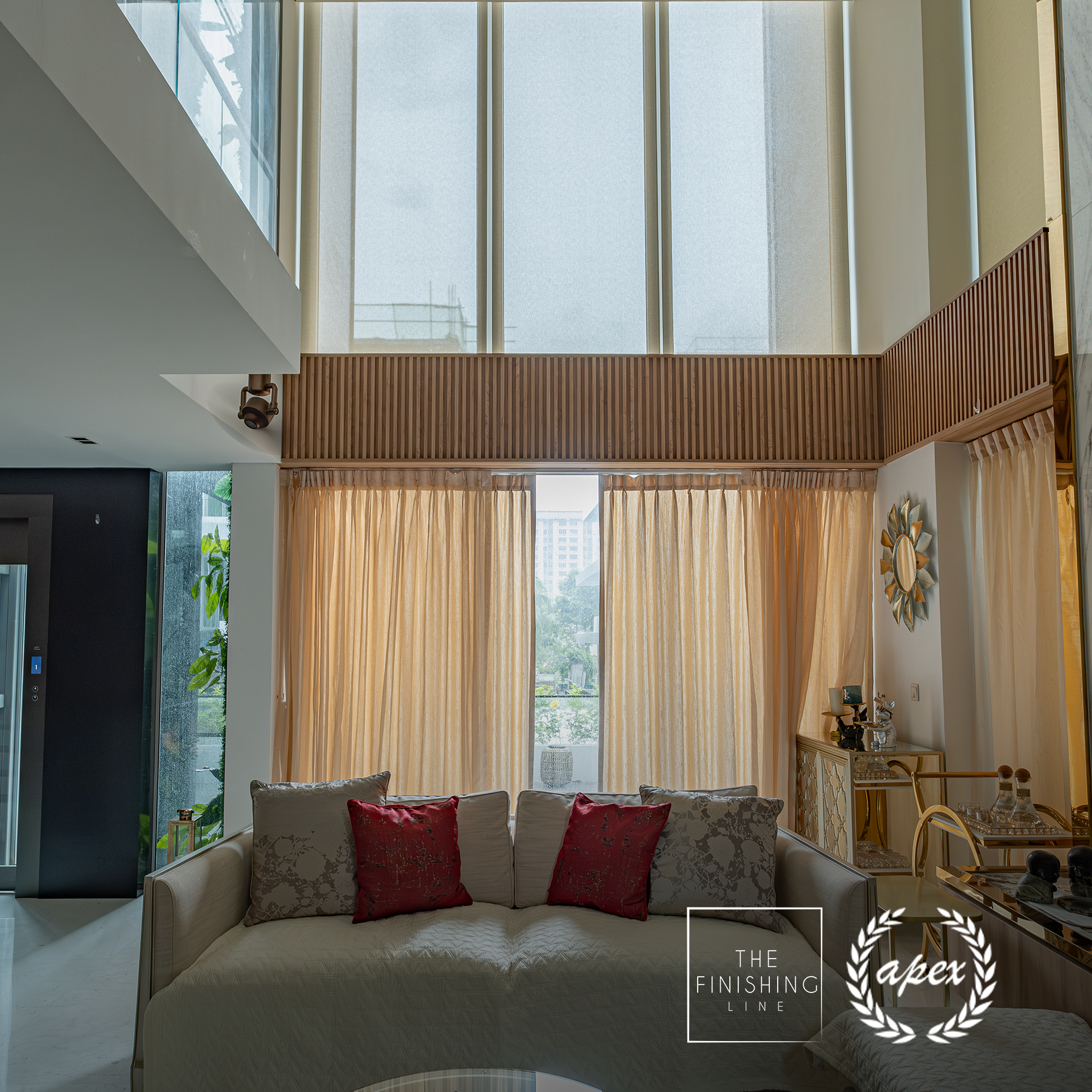 Each option has its own unique benefits and drawbacks
Each option has its own unique benefits and drawbacks
If you’re looking for a cost-effective and low-maintenance option, blinds may be the way to go. They are generally less expensive and require less maintenance compared to curtains. However, if you want more versatility in terms of style and design, curtains may be a better choice.
When it comes to durability, both blinds and curtains can last for many years with proper care. However, blinds tend to be made of sturdier materials and may have a longer lifespan compared to curtains.
In terms of light control, blinds offer more flexibility as they can be adjusted to allow for varying levels of light. However, if you prefer full coverage or just want to add a touch of style to your space, curtains may be the better option.
Additionally, both blinds and curtains can provide some level of sound control, with blinds potentially being more effective. However, heavy curtains made of thick fabrics can also offer some sound insulation.
Overall, the decision between blinds and curtains may come down to personal preference and the specific needs of your space. Consider factors such as cost, durability, maintenance, versatility, light control, and sound control when making your decision. And remember, there’s always the option to mix and match both blinds and curtains for a unique and functional window treatment.
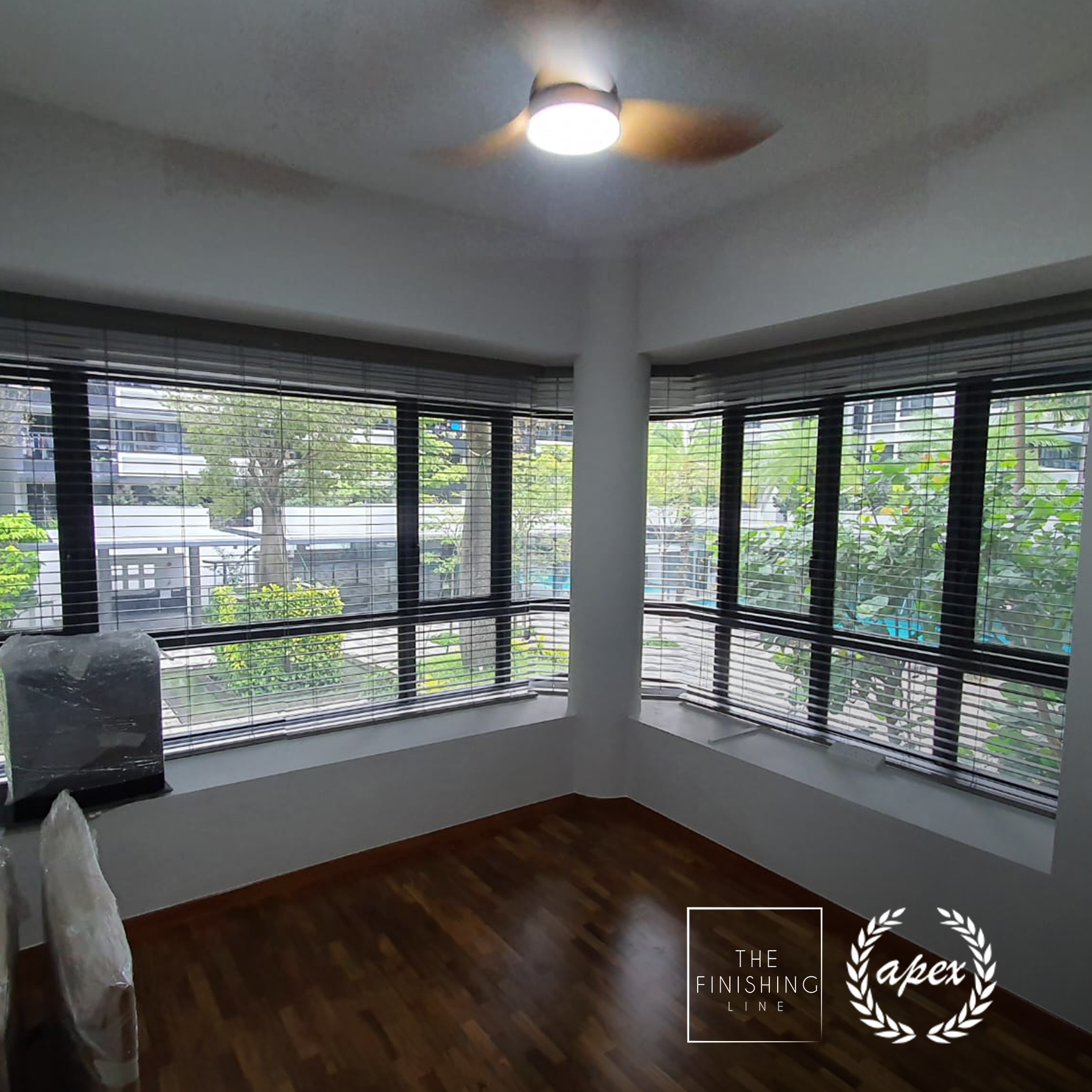
So, don’t get caught up in the debate of “blinds vs curtains.” Instead, focus on what will work best for your space and your personal preferences. Whether you choose blinds or curtains, or even a combination of both, make sure it fits your style and enhances the overall atmosphere of your home.
In the end, it’s not about which one is better, but rather what works best for you and your space. So go ahead and make your decision confidently knowing that both blinds and curtains have their own unique benefits to offer.

